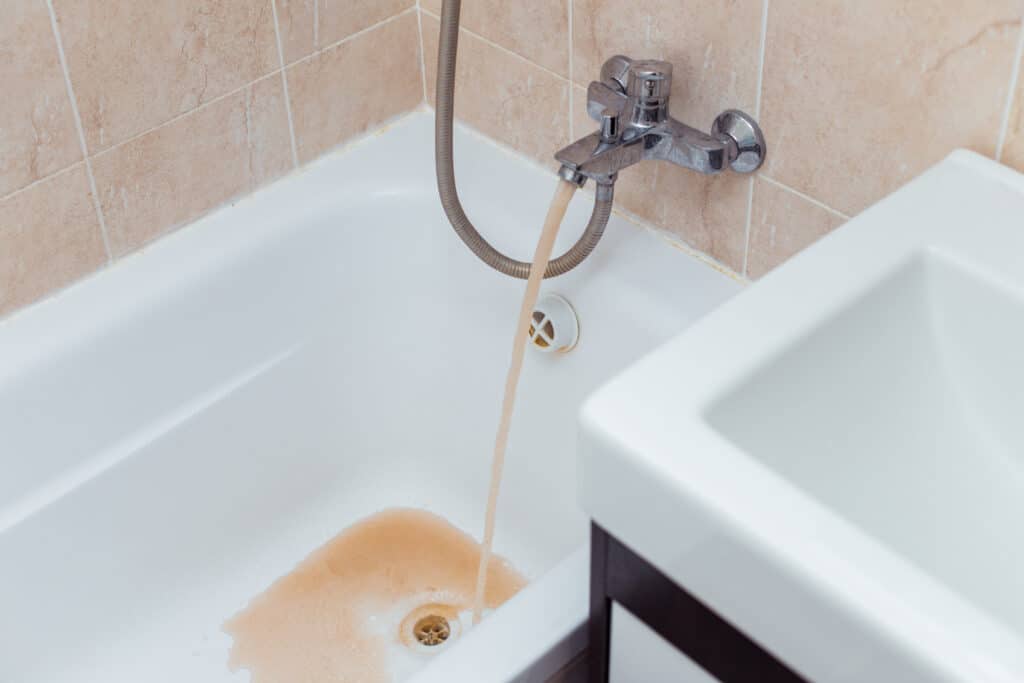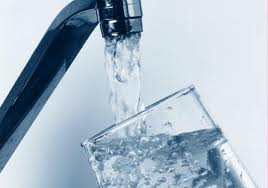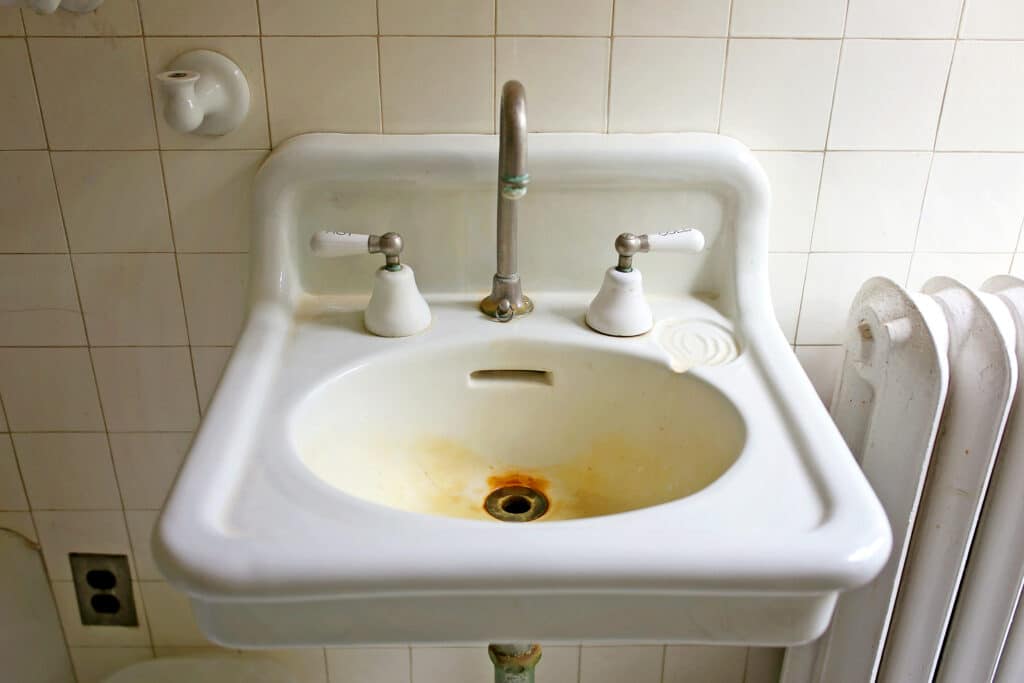
Rusty water can impact your drinking and washing water, which makes it difficult to feel healthy and comfortable inside your own home. If you are noticing brown or odd-colored water, this could be a sign of plumbing issues or rust inside your pipes. It is often fairly easy to remedy rust in your home and improve your water source. Keeping your pipes clean will make the water you use free of contaminants. If you are experiencing rusty water, here are some tips and common places that rusty water can come from.
Signs Of Rust In Your Water
Looking for signs of rusty water is the first place to start improving your plumbing. When you have rust in pipes, tanks, or other sources you will start to notice a metallic taste in the water and a darker color when it comes out of the faucet. When you start to notice just slight signs in your water, there is no need to panic, but you will need to take measures to fully rid of the rust and fix any plumbing fixture that is necessary.
When you see brown or red colored water it can definitely be concerning, but rust is just extra iron that can be fixed and get you back to clear flowing water.
Common Sources That Could Contain Rust
Considering that most of your plumbing is hidden underneath your home or in your walls, it may seem hard to find the source of rusty water, but there are common places that cause rusty water. A professional plumber will be able to help you check for rust in pipes, water heaters, washers, and other areas that hold water.

If you live in an older home, some of the old pipes may have started to develop rust inside. This is a common source in older homes, but newer homes may have rust in water heaters or their pipes have been contaminated with sediment from nearby construction.
If you experience rusty water when you use hot water, the problem is most likely your water heater. If rusty water has appeared suddenly, the cause could be a break in your main water line or other local issues in the community lines. If you see rust with both cold and hot water your pipes are the culprit.
Often rust leads to corrosion, so if your pipes are corroding you will need to replace them to keep the integrity of your plumbing. Water pressure and clean water are only possible with intact pipes.
Dealing With Rust In Your Water
Once you see rusty water in your home the solution is to replace the mechanism that contains the rust. Rust is hard to remove so replacing pipes or water heater is the best way to eliminate the problem entirely. When replacing elements, you should still look for signs of rust, because you may have more than one component contributing to the contaminated water.
When money is tight or you are not sure what source the rust is coming from, there are some home solutions to test. Using an iron exchange water softener can also help remove rust particles from your water and make it healthier. Another method you can use is to add about a half gallon of bleach to your water supply. Let the bleach sit for 12 hours and then run the water so the bleach is completely out of the system.
Plumbing Issues With S&B Plumbing

Plumbing problems in your home need to be handled by a professional plumber. Our team has been in the plumbing business for over 25 years and has learned a variety of ways to help improve residential and commercial plumbing. As a family owned company, we want to treat all of our customers like our own family. Working with our team gives you peace of mind about your home and the safety of your family.
S&B Plumbing is a full-service plumber that offers drain and sewer services and even plumbing for new construction. Contact us to improve your daily use of plumbing.
